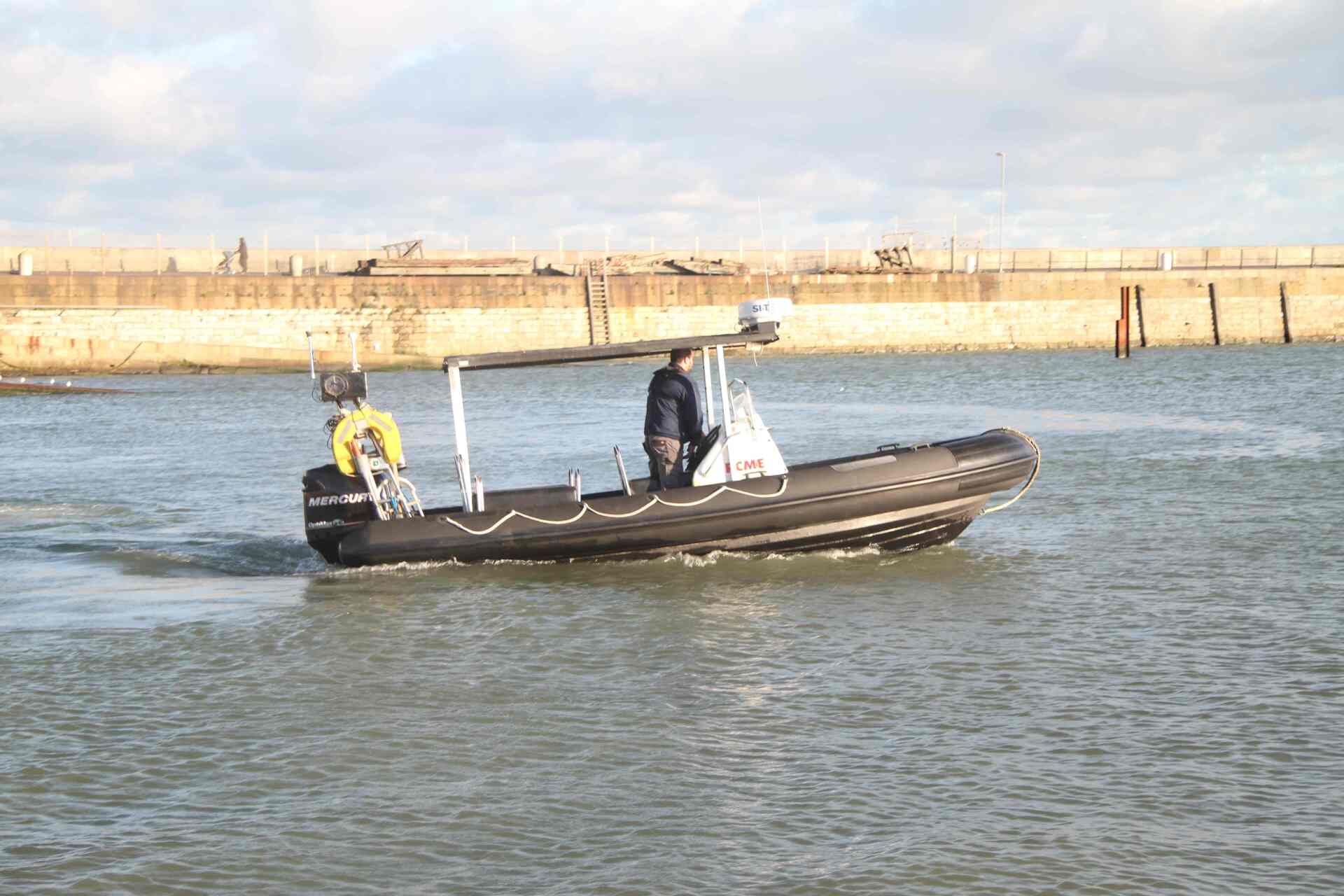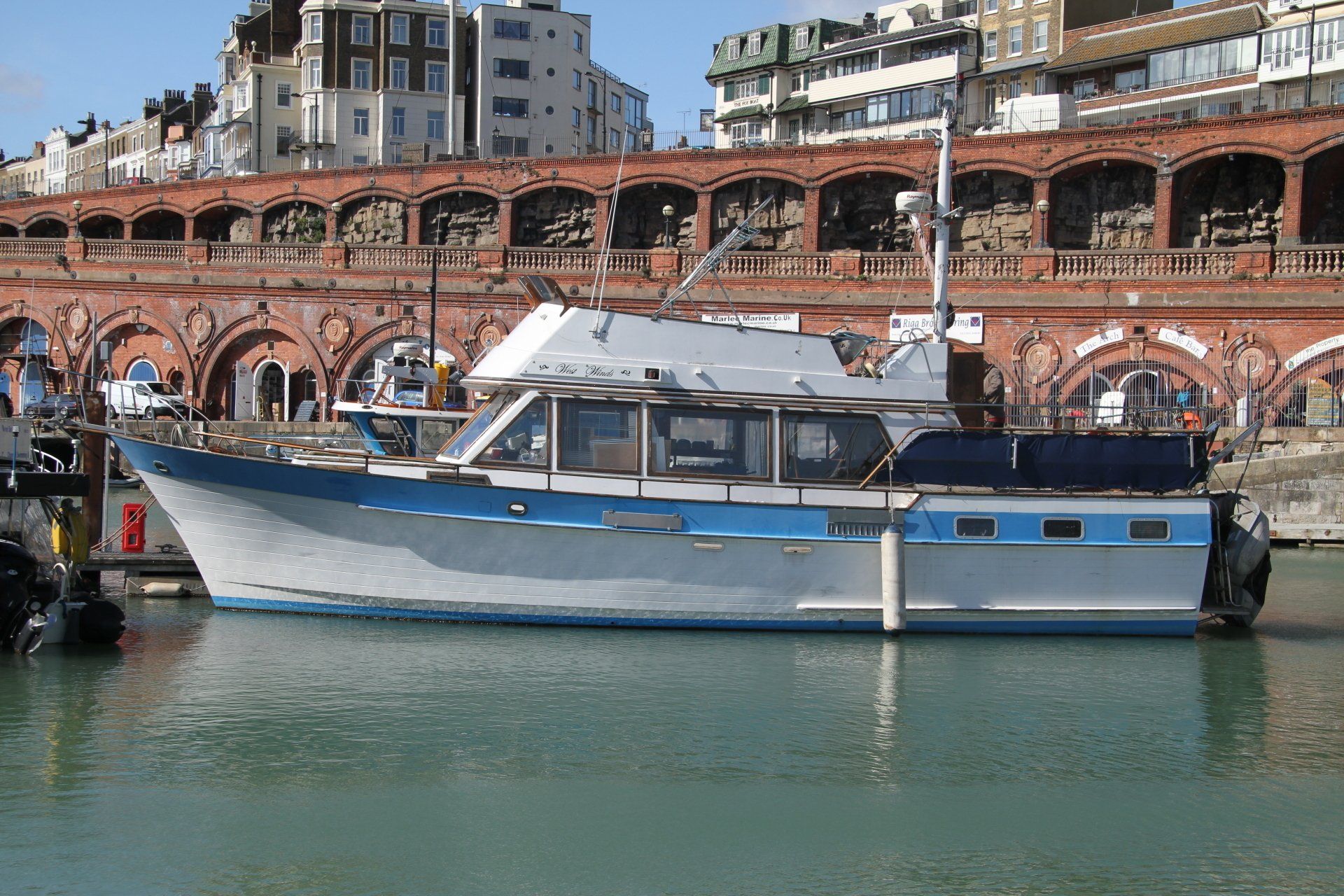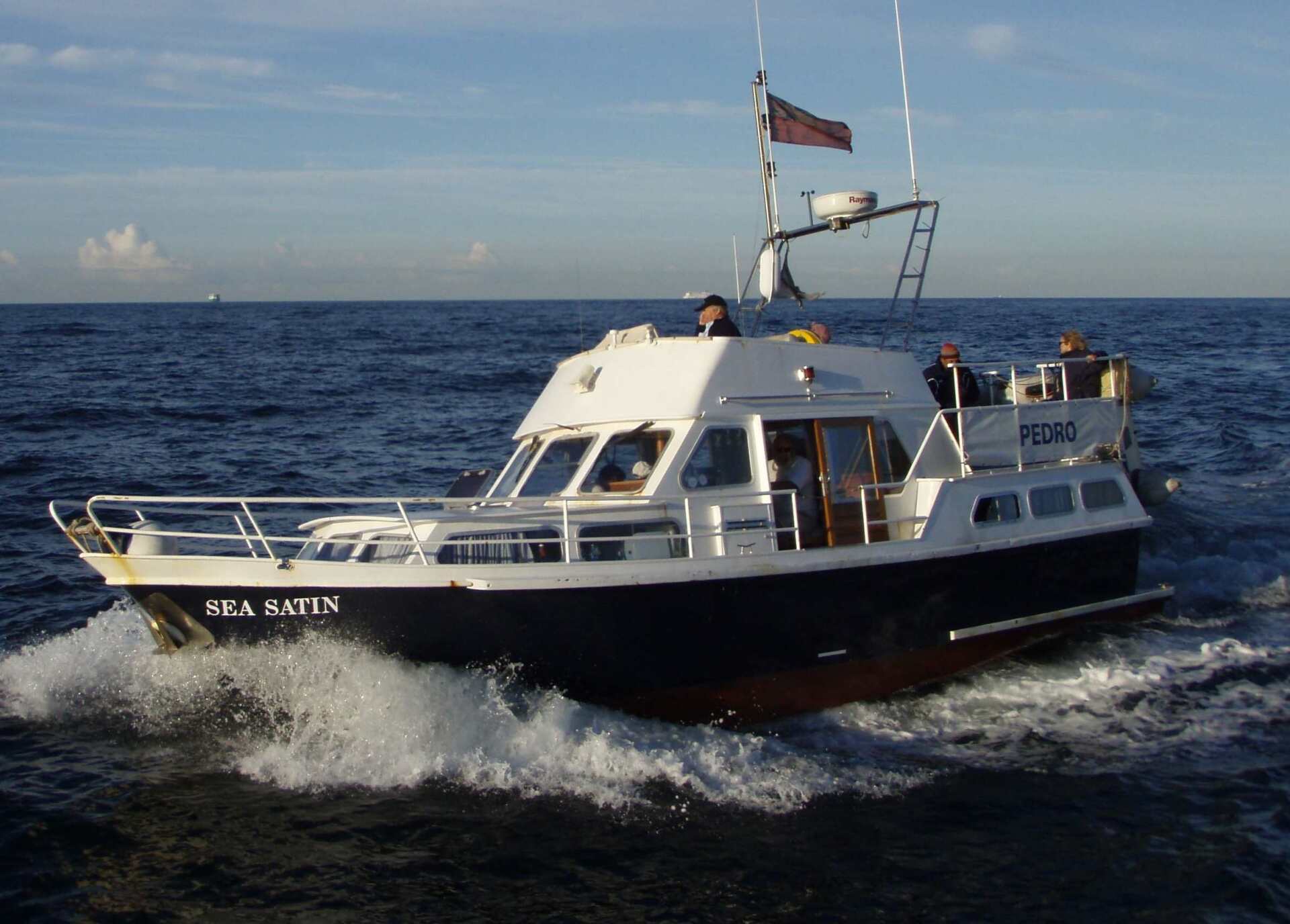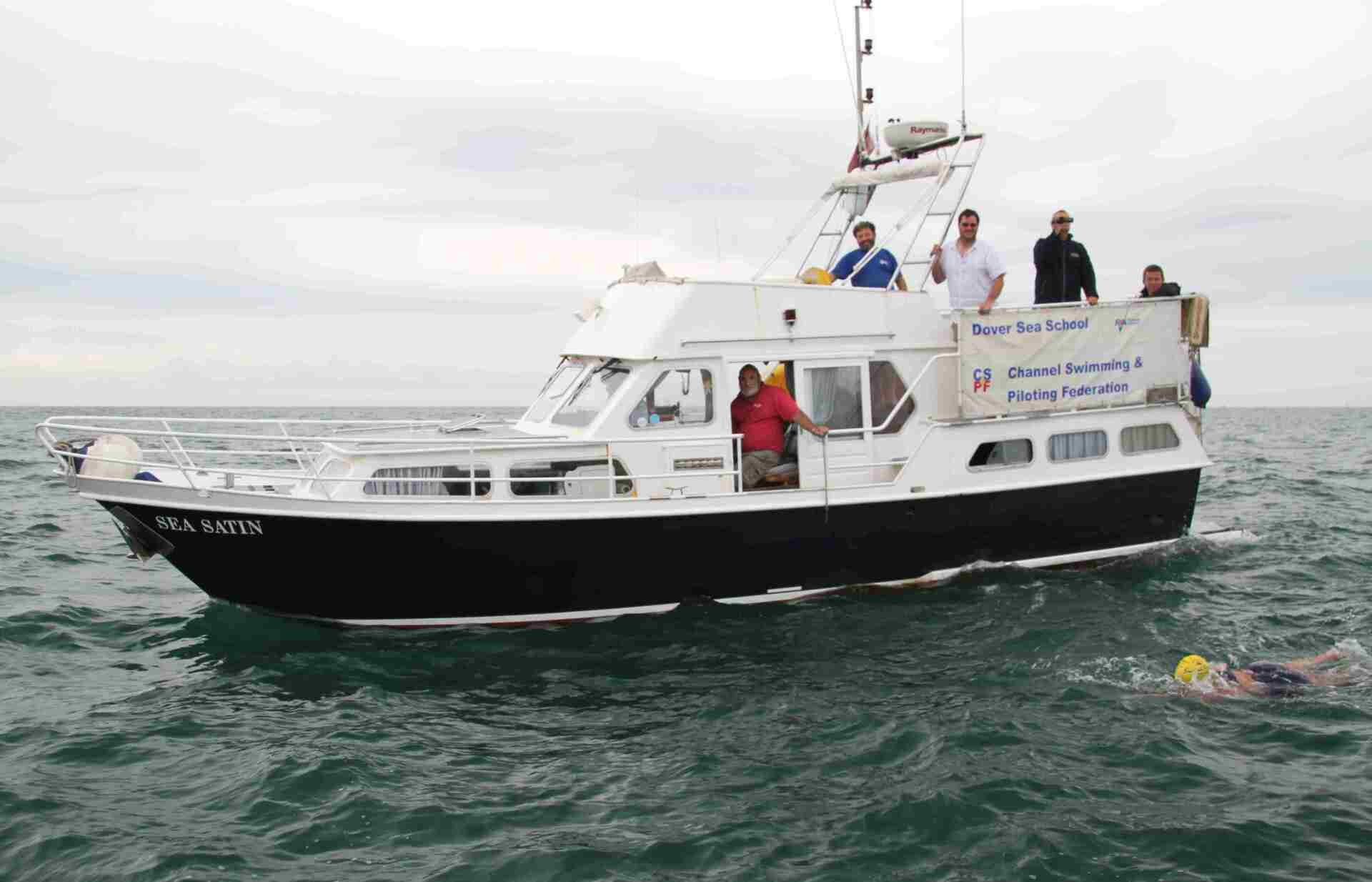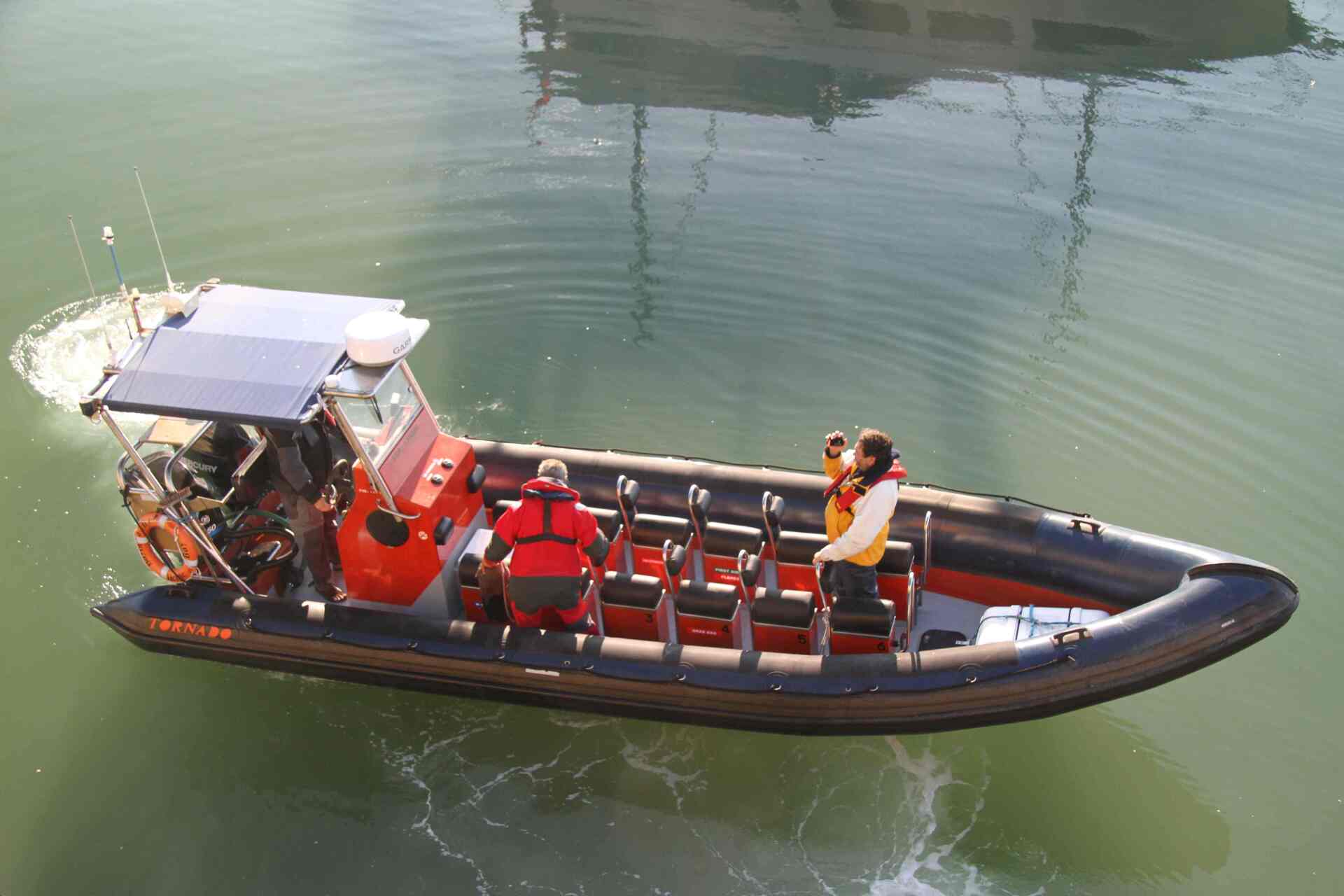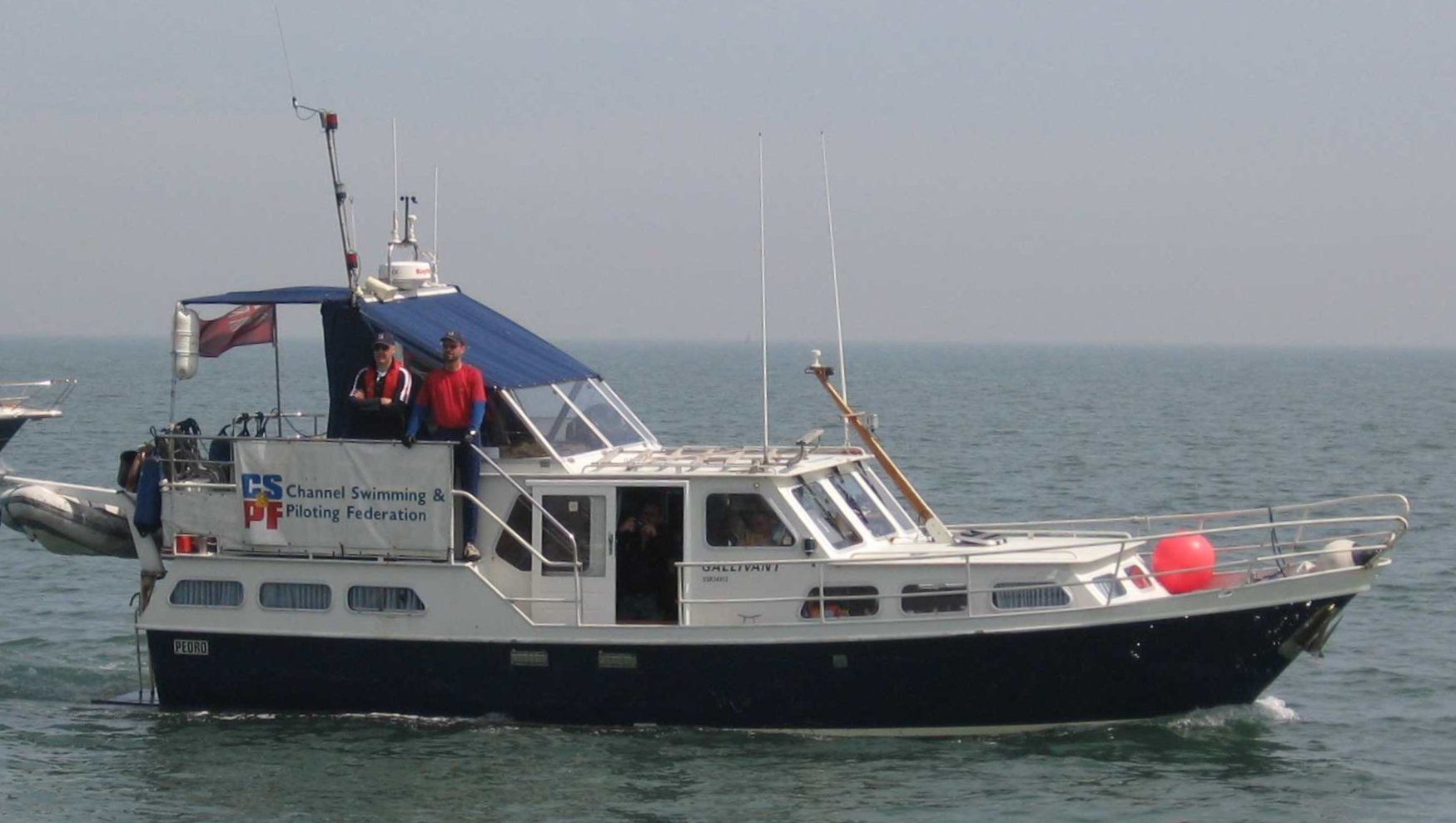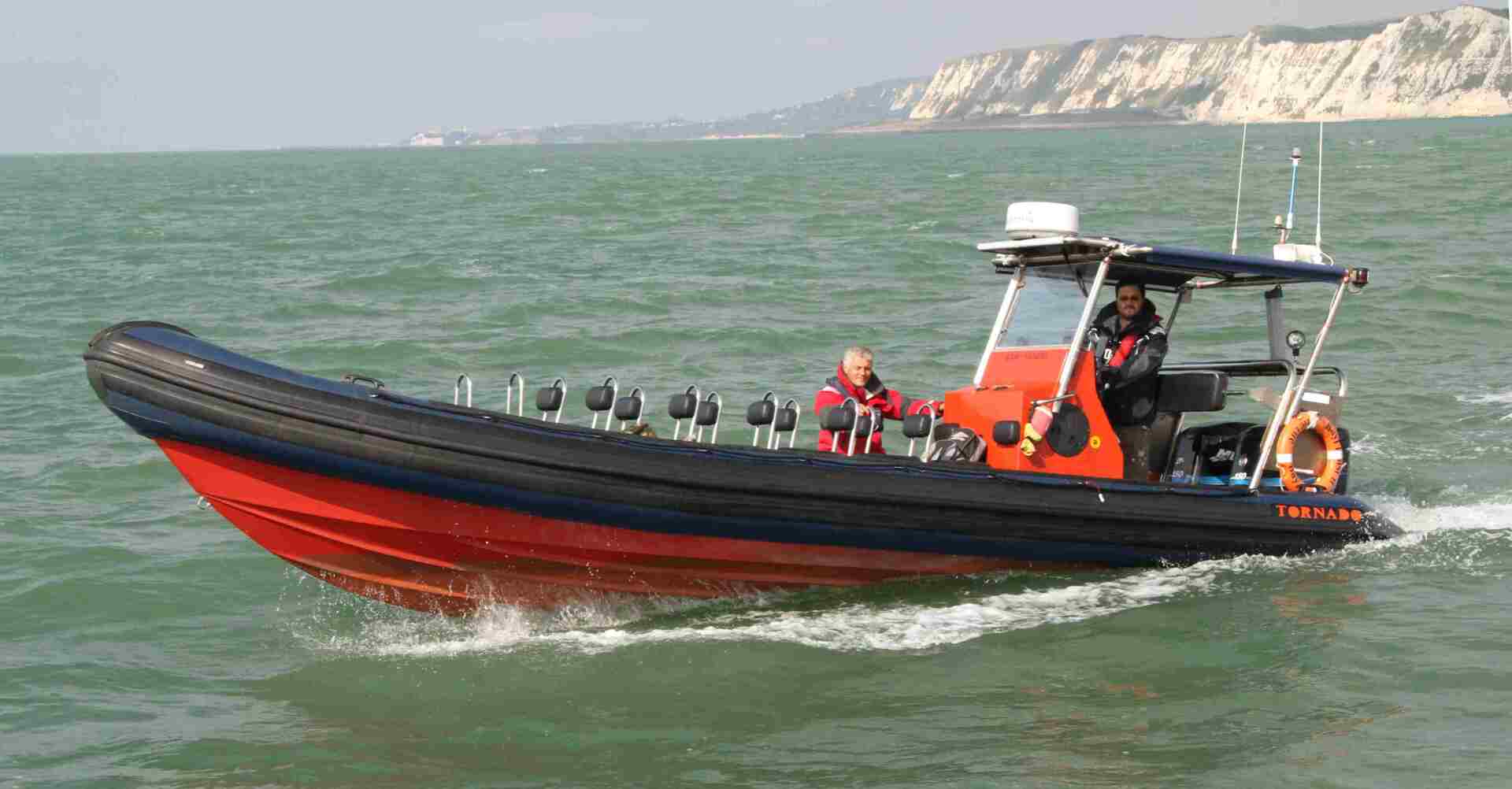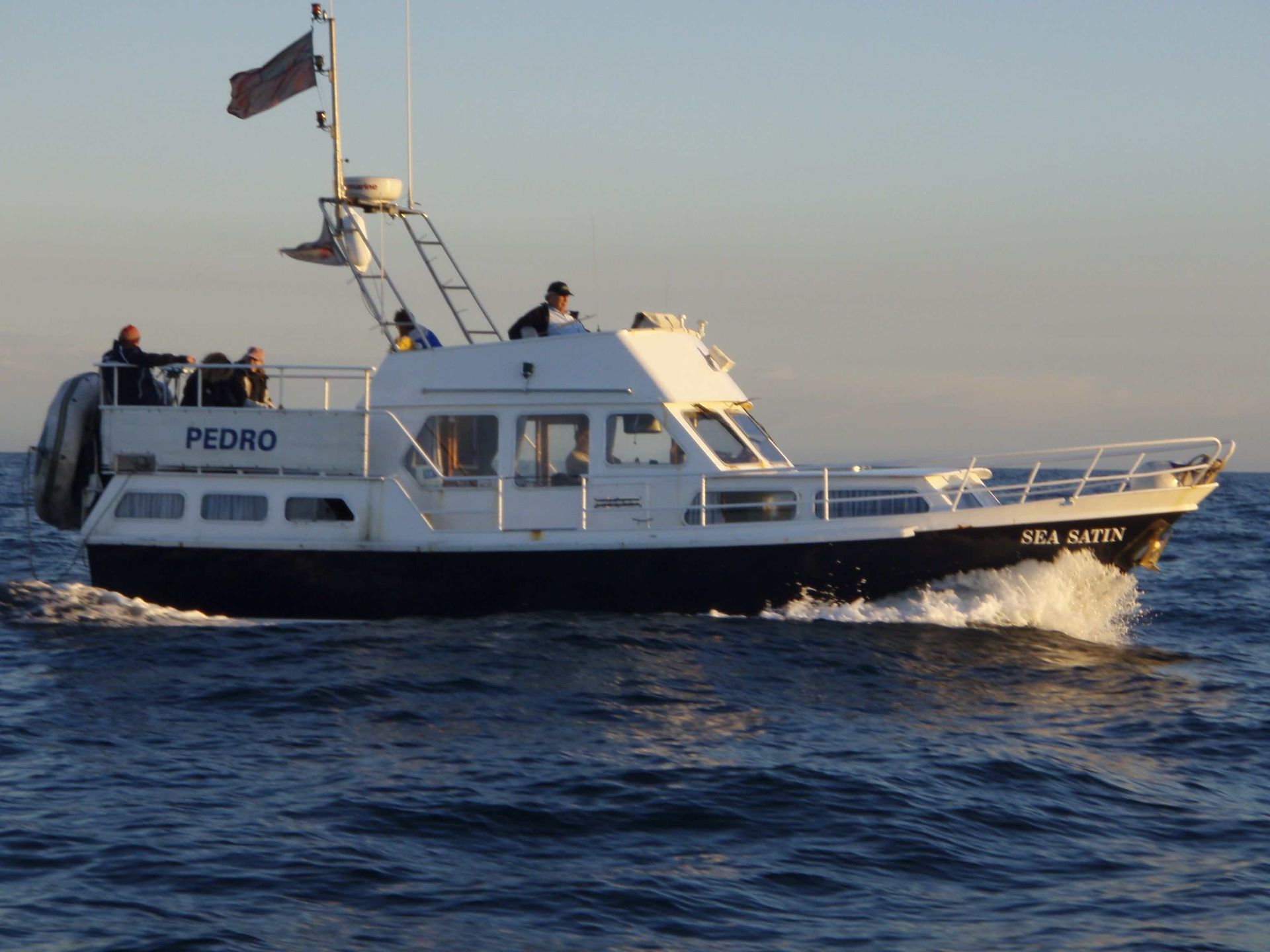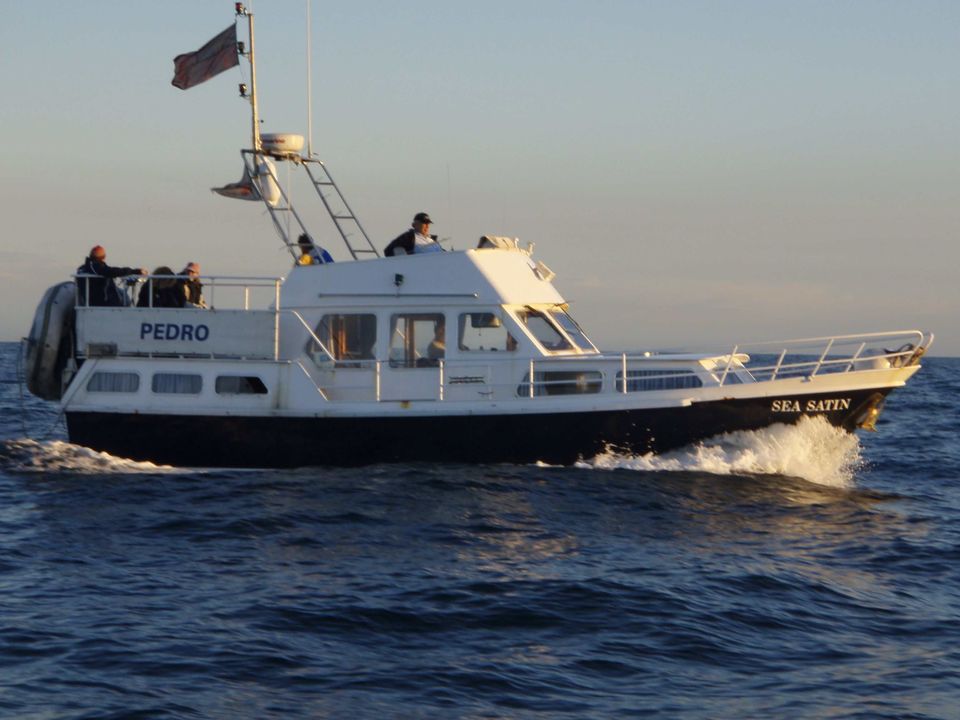Courses ~ Practical & Theory
Courses 1. -- Motorcruising - ICC - CEVNI certificates
Courses 2 -- Powerboating
Courses 3 -- Theory classes - Dayskipper - Yachtmaster - First Aid - Radar - Navigation - Diesel
RYA interactive online courses and exams - ( PPR - DFC (VHF) - etc)
COURSES 3. Theory classes - Dayskipper - Yachtmaster - First Aid - Radar - Navigation - Diesel - etc.
SRC Radio course - (VHF / GMDSS)
This is now either a one day classroom instruction assessment course, or an RYA interactive online course.
The classroom course has the SRC exam at the end of the course. An RYA examier undertakes the exam section.
Interactive course completion requires the attendance at a registered RYA centre for the SRC exam.
VHF = Very High Frequency
Requirements - frequencies - type approval & equipment Phonetic Alphabet - signal strength - simplex, duplex & semi-duplex - pro words - VHF procedures - Mayday - Mayday relay - Pan Pan -Pan Pan Medico - other calls - radio stations - call signs
DSC & GMDSS
Digital Selective Calling -- Global Maritime Distress & Safety System
Type approval - call signs - maritime mobile service identities - selcall - digital selective calling - DSC radio - EPIRB (emergency position indicating radio beacon) & types - navtex - antennae - INMARSAT satellite systems - MMSI numbers - NAVTEX information service- SART (Search & Rescue Transponder)- equipment - Distress & safety calls
Exam assessment by an independent RYA examiner.
FIRST AID
Session 1 (3 hours minimum)
- Principles of First Aid -- Assessment of immediate action
- Principles of resuscitation (including drowning)
- Artificial ventilation -- Chest compression
- Cardio-pulmonary resuscitation CPR -- Recovery position
- Choking and Asthma
- Electric Shock
Session 2 (1 1/2 hours minimum)
- Shock -- Blood loss
- Heart attack -- Control of bleeding (internal & external)
Session 3 (1 1/2 hours minimum)
- Unconsciousness -- Concussion
- Burns (including rope burn & sunburn) -- Heat Exhaustion
- Hypothermia (prevention, recognition & treatment)
- Diabetic emergency
- Epilepsy
Session 4 (1 hour minimum)
- Fractures -- Spinal injuries
- Handling casualties - (including helicopter evacuation)
- Communication
- First Aid Kit -- Seasickness
Course Objectives.--- By the end of the course:
- Know and demonstrate CPR - artificial ventilation & chest compression.
- Know and demonstrate how to turn a casualty into the recovery position.
- Know and demonstrate how to apply pressure to a wound and control bleeding.
- Know and demonstrate how to immobilise a fracture.
- Detail the treatment for shock & diabetic emergencies
- Outline the prevention, recognition and treatment of hypothermia.
- Outline the treatment for asthma attacks, burns, epilepsy & heart attacks.
- List the precautions needed when handling a spinal injury.
- List the actions needed to prepare for a helicopter evacuation.
This course is designed to provide a working knowledge of first aid for skippers and the crew of small craft working within up to 60 miles of a safe haven. The syllabus is based on the recommendations from the Health & Safety Executive & the Department of Transport.
The RYA Small Craft First Aid Certificate is awarded upon successful completion of the course.
The certification is valid for 3 years.
An update course can then extend the certificate for 2 more years.
This certificate fulfills the requirements of the Department of Transport Codes of Practice for Small Commercial Vessels in areas 2, 3 and 4.
DIESEL ENGINE COURSE
Course Objectives Explain the diesel engine, its systems & make up.
Make the student aware of the measures to prevent mechanical breakdown at sea.
- To understand the methods of rectifying defects in emergencies.
- Allow handling of a diesel engine and its components.
- NO PRE-COURSE KNOWLEDGE REQUIRED.
- SYLLABUS
- Introduction-- Principles of the diesel engine
- The four stroke cycle -- Naturally aspirated engines
- Induction/compression/power & exhaust strokes
- Turbocharging & Intercooling / Aftercooling
- The fuel system -- The basic system & Tank
- Fuel filters & water separating filter/pre-filter
- Fuel lift pump & Injection pump
- Injectors & bleeding the system
- The air system Airways in - Airways out & filters
- The Cooling System-- Direct cooling & Indirect cooling
- Temperature control - Thermostat - water intake
- Water pumps (engine & raw water) - impellers
- Engine electrical systems-- Basic system components
- Alternator - Drive belts - Instruments Batteries - capacity - care - gasses Winterisation & servicing Engine/gearbox care and lubrication
- Service schedule & Winterisation
- Fault Finding-- General Discussion - tracing faults - rectification
- Spares & Toolkit-- Basic tools & spares - special items
- Emergencies
- Questions -- general forum
A diesel engine & parts will be provided for practical use during the course.
Coffee, Tea provided
RADAR
Classroom theory. (Practical radar afloat and other equipment afloat courses can be arranged)
Principles - Set components & controls - Discrimination - Targets - Displays - Collision Avoidance - Navigation - Pilotage - Accuracy
DAYSKIPPER & YACHTMASTER COASTAL Theory classroom courses
These theory courses are a minimum of 40 hours plus exams, usually 6 -7 days please contact the office for more information.
Completion of the RYA coursework plus the theory exams are as laid down in the RYA courses and the syllabus and in the RYA log books. Courses are by conducted by working through the RYA course packs supplied.
NAVIGATION
The classroom / online "Navigation in simple steps" plus selective navigation tuition as requested/required.
This document maintained by: michael.oram@btinternet.com.
Material Copyright © 1988 Dover Sea School
Dover Sea School
+44 (0) 1843 580185
dss.office@btinternet.com
